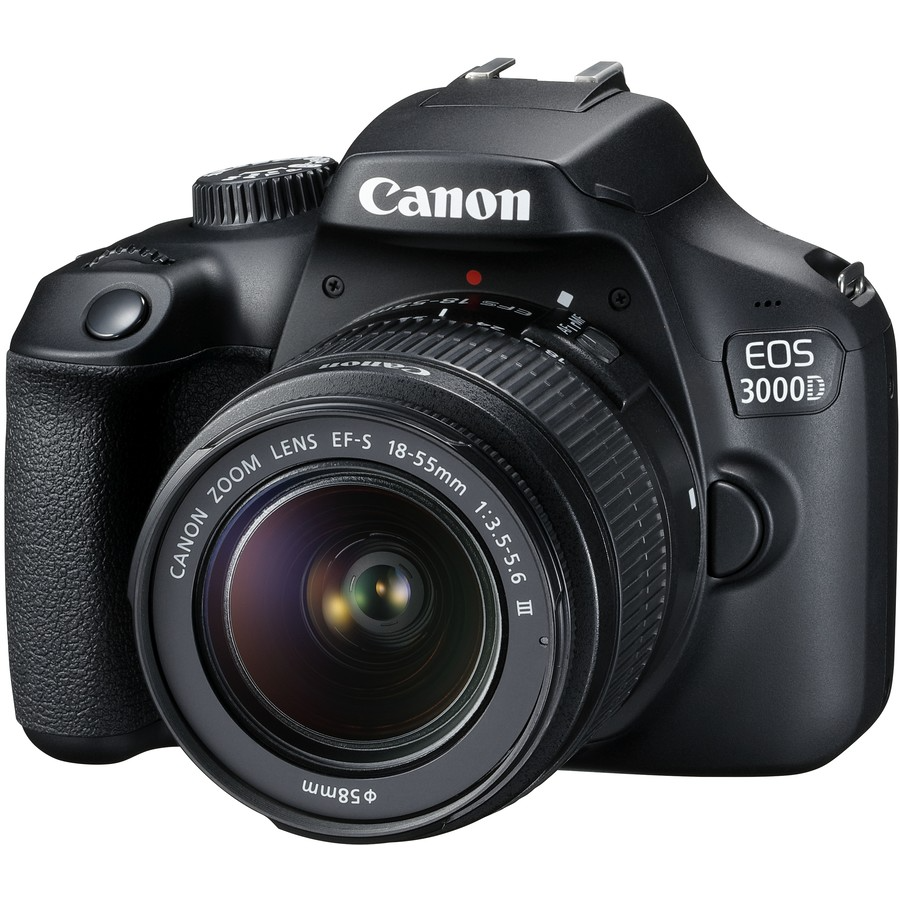Introduction
Have you ever taken a photo or looked in the mirror and felt like you look completely different from what you see in pictures? Many people experience this phenomenon, where they feel they look ugly on camera. In this article, we will explore the reasons behind why this happens and provide some tips on how to overcome this common issue.
The Science Behind It
When it comes to the phenomenon of looking ugly on camera, there is actually a scientific explanation behind it. The main reason for this discrepancy lies in how we perceive ourselves in the mirror versus how we appear in photos.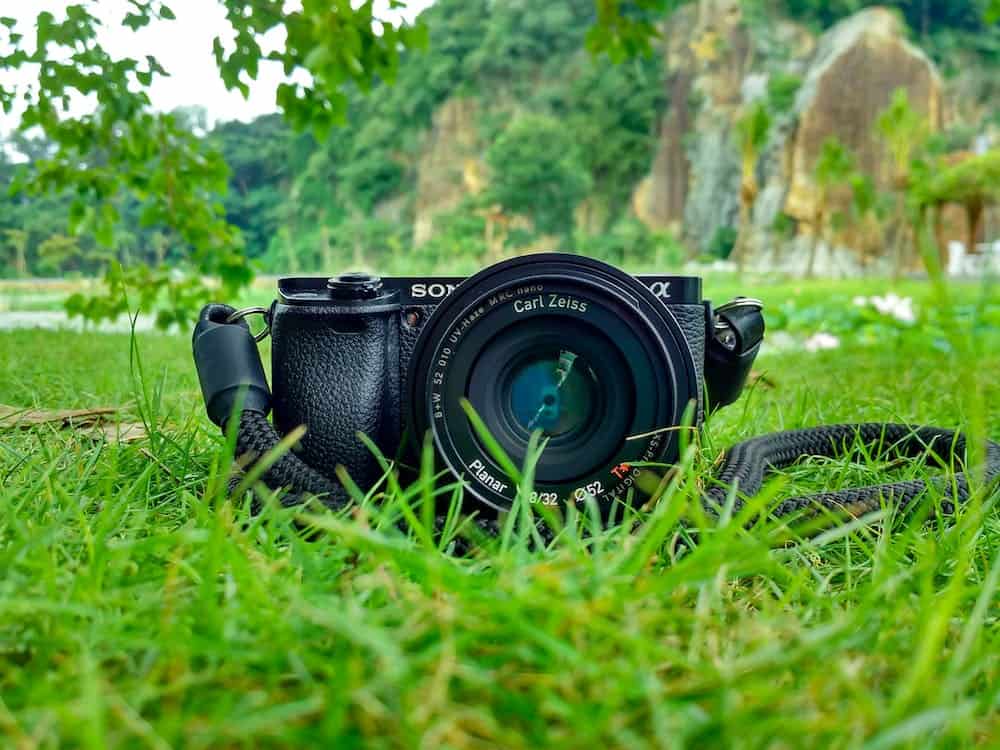
Mirror Image vs. Photograph
When you look at yourself in the mirror, you are seeing a reversed image of your face. This means that what you perceive as your left side is actually the right side of your face in reality, and vice versa. Your brain is accustomed to seeing this mirrored image, so when you see a non-reversed photo of yourself, it can appear unfamiliar and slightly different from what you are used to.
Psychological Factors
In addition to the physical differences between a mirror image and a photograph, there are also psychological factors at play. When you see yourself in the mirror, you have control over your image – you can adjust your pose, expression, and angle to present yourself in the best possible light. However, in a photograph, you may feel less in control, which can lead to feelings of self-consciousness and insecurity.
Camera Distortion
Another factor that can contribute to feeling ugly on camera is camera distortion. Different types of lenses can distort facial features, making them appear larger or smaller than they actually are. Wide-angle lenses, for example, can exaggerate facial features that are closer to the camera, while telephoto lenses can compress features, leading to a flatter-looking image. Understanding how different lenses can affect your appearance can help you better prepare for photoshoots and selfies.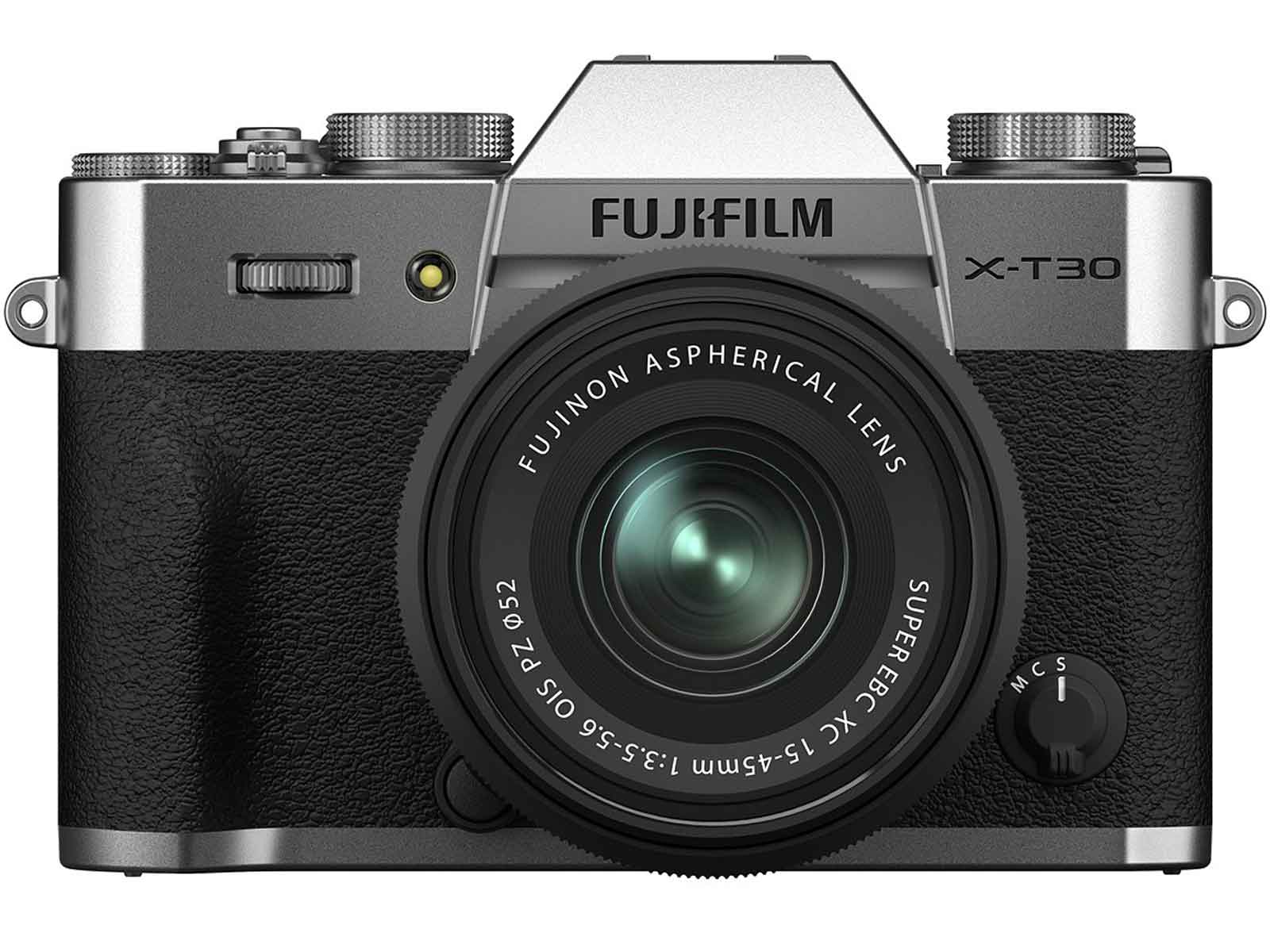
Lighting and Color Temperature
Lighting plays a crucial role in how we look in photos. Harsh lighting can create unflattering shadows and highlights, emphasizing imperfections and making us appear less attractive. On the other hand, soft, diffused lighting can enhance our features and create a more flattering image. The color temperature of the light can also impact how our skin tone appears in photos, with cooler tones often providing a more natural and flattering look.
Self-Perception
Our own self-perception can also influence how we feel about our appearance in photos. If we are feeling insecure or self-critical, we may be more likely to focus on perceived flaws or imperfections in our photos. Learning to practice self-compassion and acceptance can help shift our perspective and allow us to see ourselves in a more positive light.
Conclusion
While feeling ugly on camera is a common experience for many people, understanding the science behind it can help put things into perspective. By recognizing the differences between a mirror image and a photograph, being aware of camera distortion and lighting factors, and practicing self-acceptance, we can learn to appreciate and even love the way we look in photos. Remember, beauty is subjective, and what truly matters is how you feel about yourself.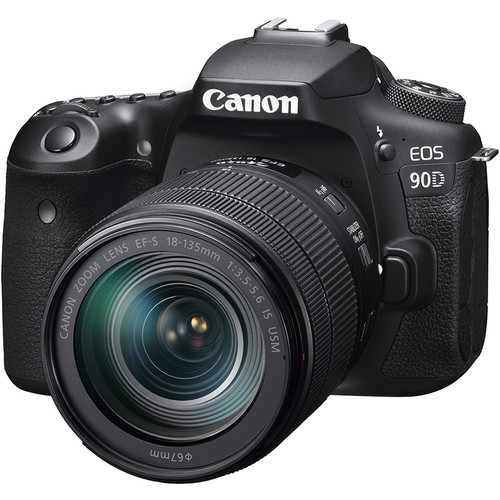
Lighting Plays a Key Role
One of the most significant factors that can impact how you look in photos is lighting. Harsh lighting can cast unflattering shadows on your face, highlighting imperfections and making you appear less attractive. On the other hand, soft, natural lighting can enhance your features and create a more flattering image.
Camera Angles Matter
The angle at which a photo is taken can also greatly influence how you appear in the image. Different angles can emphasize certain features while downplaying others. For example, a low angle can make your chin and neck appear larger, while a high angle can elongate your face and make your eyes appear bigger. Finding the right angle that works best for you can make a significant difference in how you look on camera.
Facial Expressions and Poses
Your facial expressions and poses can also contribute to how you perceive yourself in photos. A forced smile or a tense posture can make you appear stiff and unnatural. Instead, try to relax and be yourself in front of the camera. Genuine smiles and natural poses can help bring out your true beauty and make you look more attractive in photos.
Confidence Is Key
Confidence plays a crucial role in how you present yourself in photos. When you feel confident and comfortable in your own skin, it shows through in your photos. Practice good posture, maintain eye contact with the camera, and exude positivity. Remember that beauty comes from within, and confidence is truly attractive.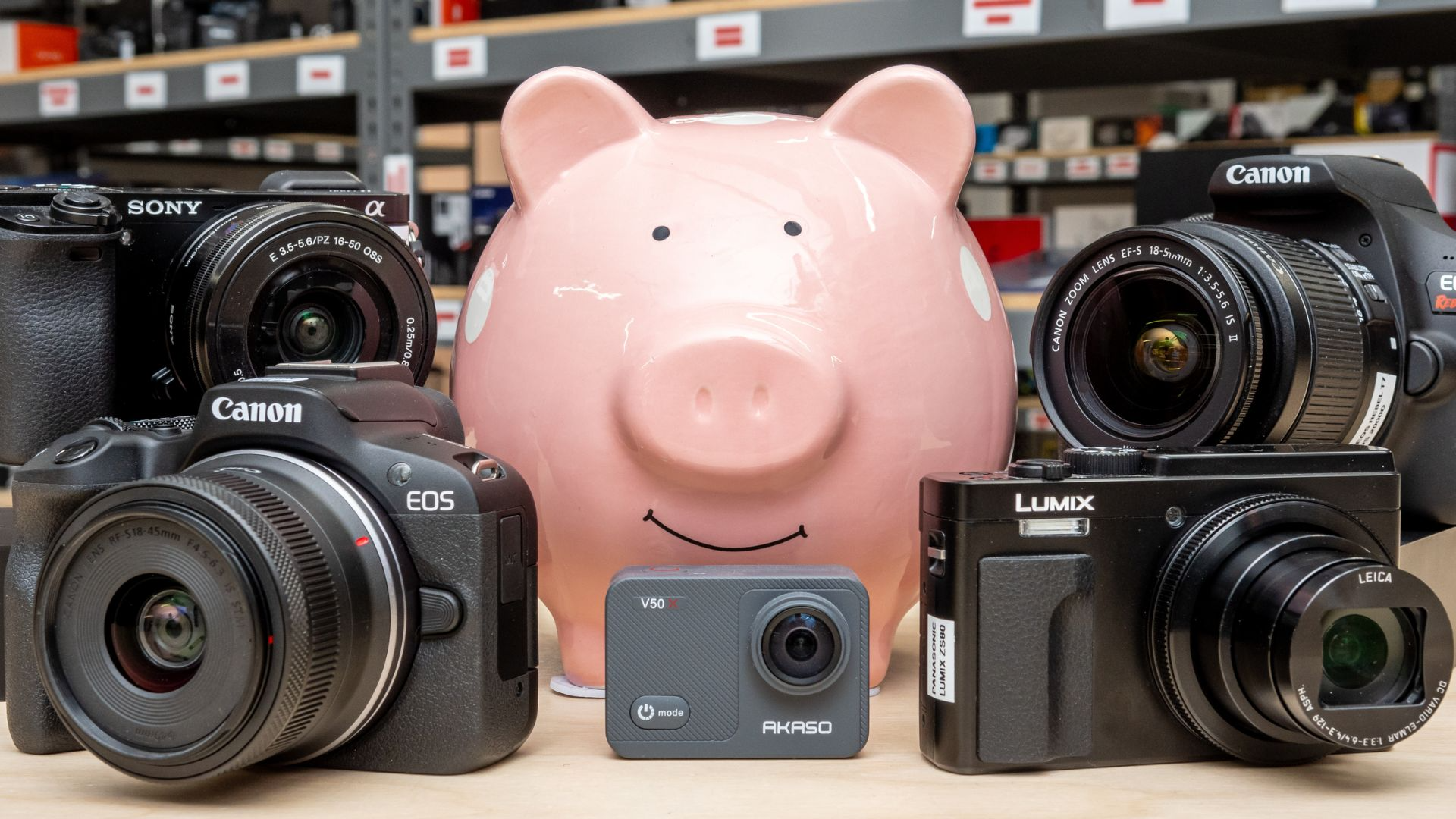
The Influence of Social Media
In today’s digital age, social media has a significant impact on how we perceive ourselves and others. The constant exposure to curated, filtered images can create unrealistic beauty standards and lead to feelings of inadequacy. It’s essential to remember that most people only share their best moments online, and comparing yourself to these idealized images can be detrimental to your self-esteem.
Embracing Your Unique Features
Instead of focusing on perceived flaws or imperfections, try to embrace your unique features and celebrate what makes you different. Beauty comes in all shapes, sizes, and forms, and diversity should be celebrated. Remember that you are more than just your appearance, and true beauty lies in authenticity and self-acceptance.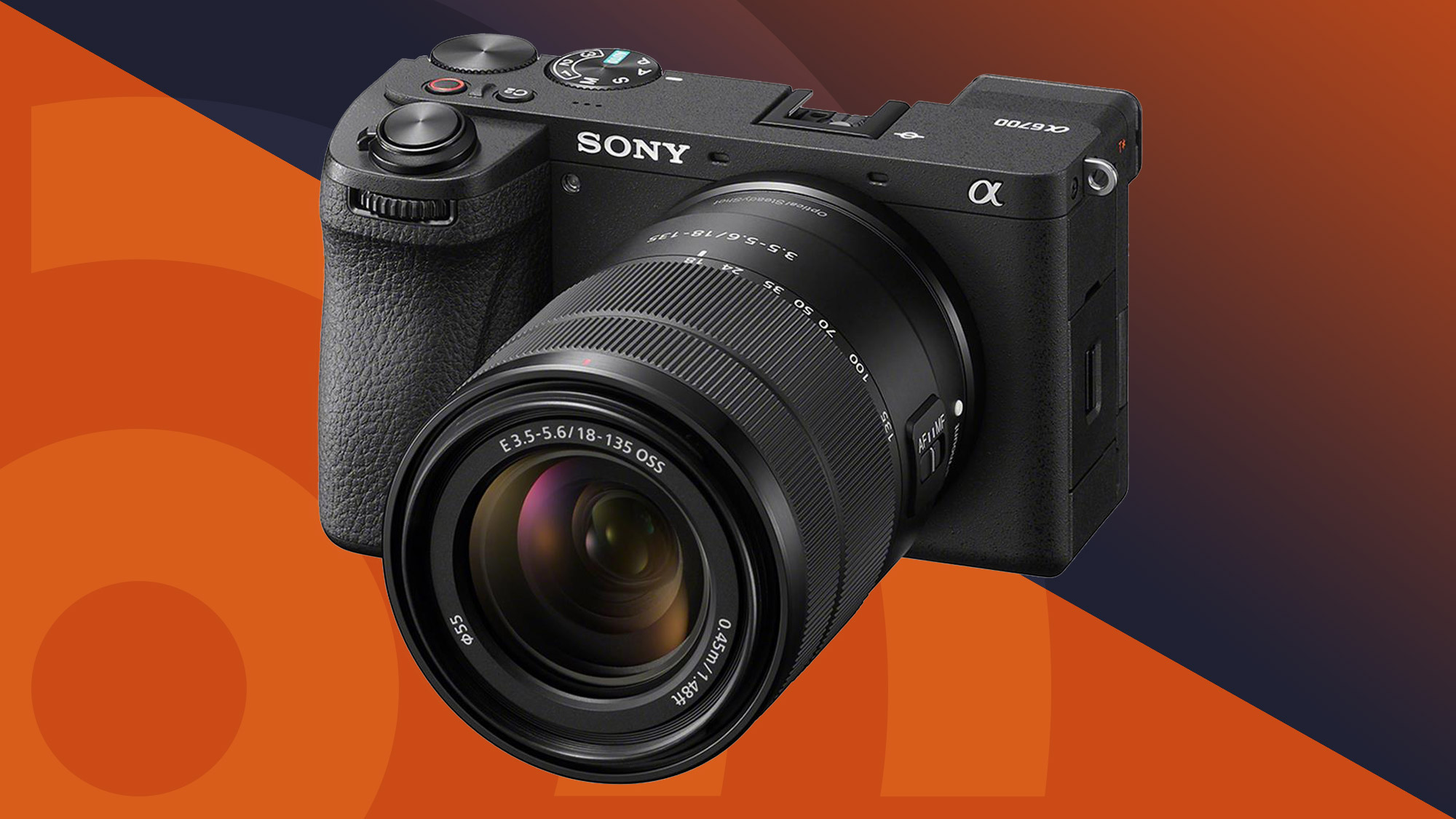
Overcoming Insecurities
If you consistently feel that you look ugly on camera, it may be helpful to work on building your self-confidence and self-esteem. Surround yourself with supportive and positive influences, practice self-care, and engage in activities that make you feel good about yourself. Remember that you are worthy of love and respect, regardless of how you look in photos.
Conclusion
Feeling ugly on camera is a common experience that many people face, but it’s essential to remember that beauty is subjective and multifaceted. By understanding the factors that can influence how you appear in photos and embracing your unique features, you can learn to appreciate and love yourself just as you are. Remember that you are more than just a reflection in a photo – you are a complex and beautiful individual deserving of self-love and acceptance.
